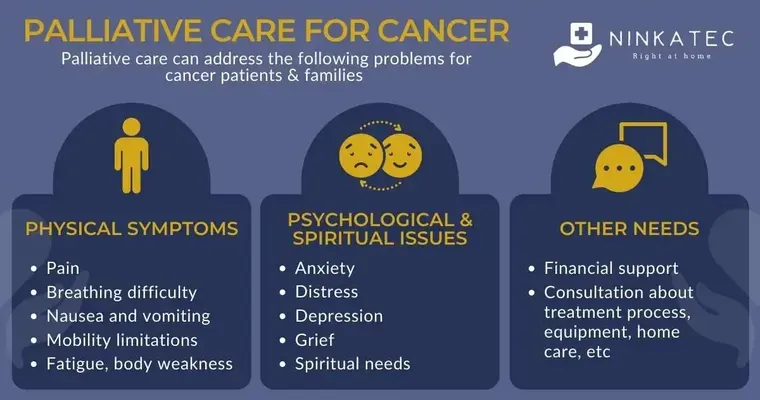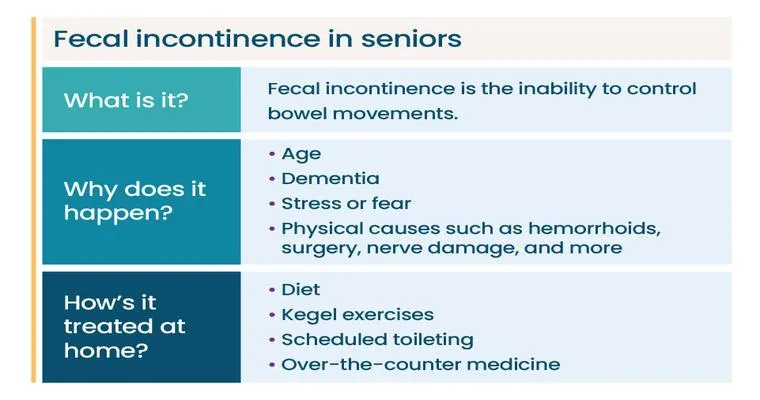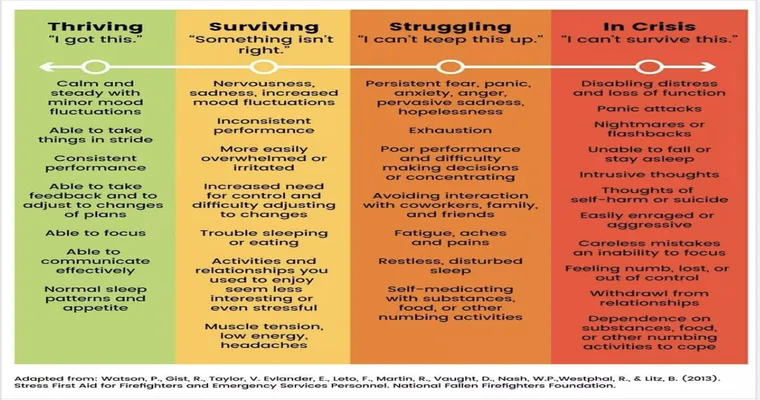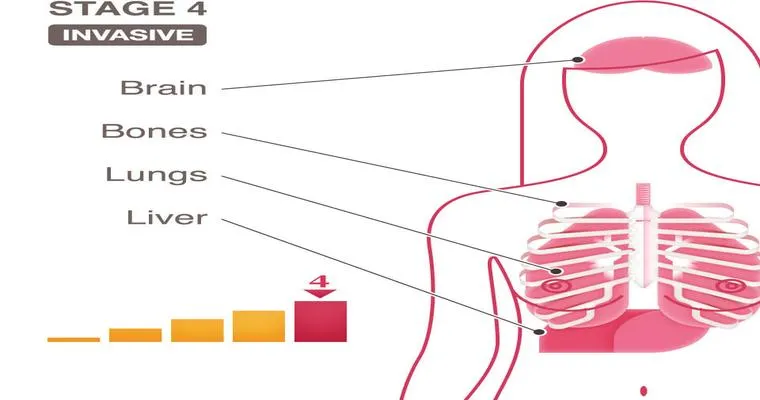Colon cancer is a significant health concern that affects thousands of individuals each year. As a type of "cancer" that begins in the large intestine, it can lead to various symptoms and complications if not detected early. When faced with advanced stages of colon cancer, patients often find themselves navigating difficult decisions regarding their "treatment options" and care. This is where "hospice care" becomes an essential consideration, providing support and relief to patients and their families during challenging times.
What is Colon Cancer?
Colon cancer originates in the colon or rectum, part of the body's digestive system. It often starts as small, benign clumps of cells known as polyps, which can eventually develop into cancer over time. Early detection through regular screening, such as colonoscopies, can significantly improve survival rates. However, when diagnosed at an advanced stage, patients may face limited treatment options.
The Role of Hospice Care
Hospice care is designed to provide comfort and support to individuals with terminal illnesses, including advanced colon cancer. The primary focus of hospice is to enhance the quality of life for patients by managing symptoms and addressing emotional, spiritual, and social needs. This specialized care can be provided in various settings, such as at home, in a hospice facility, or in a hospital.
Benefits of Hospice Care for Colon Cancer Patients
1. "Pain and Symptom Management": One of the main goals of hospice care is to alleviate pain and manage symptoms associated with colon cancer. This includes addressing issues such as nausea, fatigue, and bowel problems, allowing patients to experience a more comfortable quality of life.
2. "Emotional Support": A cancer diagnosis can lead to feelings of fear, anxiety, and depression. Hospice teams include social workers and counselors who provide emotional support to both patients and their families, helping them cope with the challenges they face.
3. "Family Involvement": Hospice care emphasizes the importance of family involvement in the patient's journey. Family members are encouraged to participate in care decisions and can receive guidance on how to best support their loved ones during this difficult time.
4. "Personalized Care Plans": Each hospice patient receives a personalized care plan tailored to their specific needs and preferences. This individualized approach ensures that patients receive the best possible care aligned with their values and wishes.
5. "Support for Caregivers": Caregivers often experience significant stress when caring for a loved one with colon cancer. Hospice provides respite care and support resources to help alleviate this burden, allowing caregivers to recharge and maintain their own well-being.
When to Consider Hospice Care
Deciding when to transition to hospice care can be challenging. It is typically recommended when a patient’s prognosis indicates that they have six months or less to live, and curative treatments are no longer effective or desired. It is crucial for patients and families to have open discussions with healthcare providers to understand their options and make informed decisions.
Conclusion
Navigating colon cancer can be a daunting experience, particularly when it reaches advanced stages. Hospice care offers a compassionate approach, focusing on comfort, dignity, and quality of life for patients and their families. By understanding the benefits of hospice, individuals facing colon cancer can find peace and support during one of life’s most challenging journeys. If you or a loved one is facing a colon cancer diagnosis, consider discussing hospice care with your healthcare provider to explore the best path forward.





